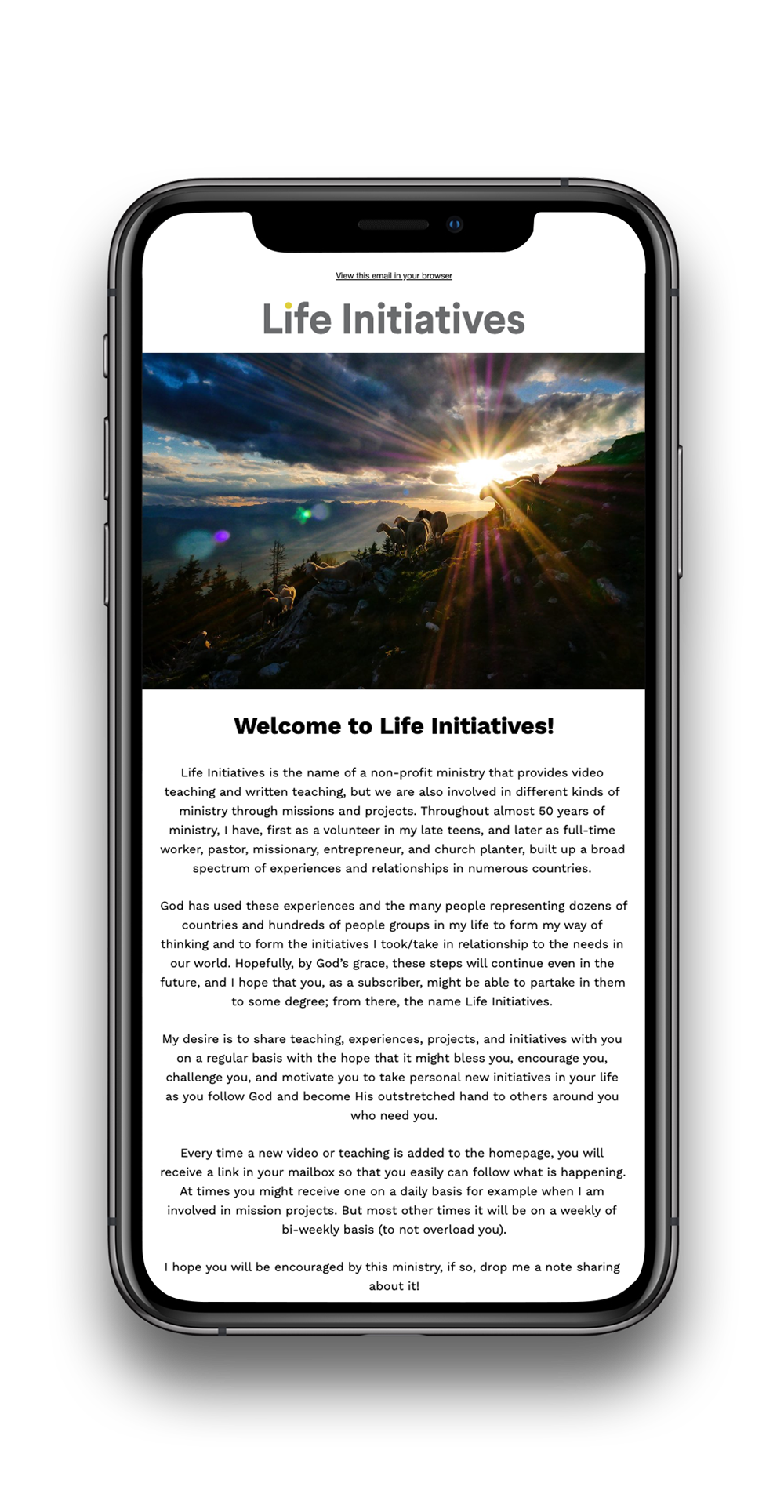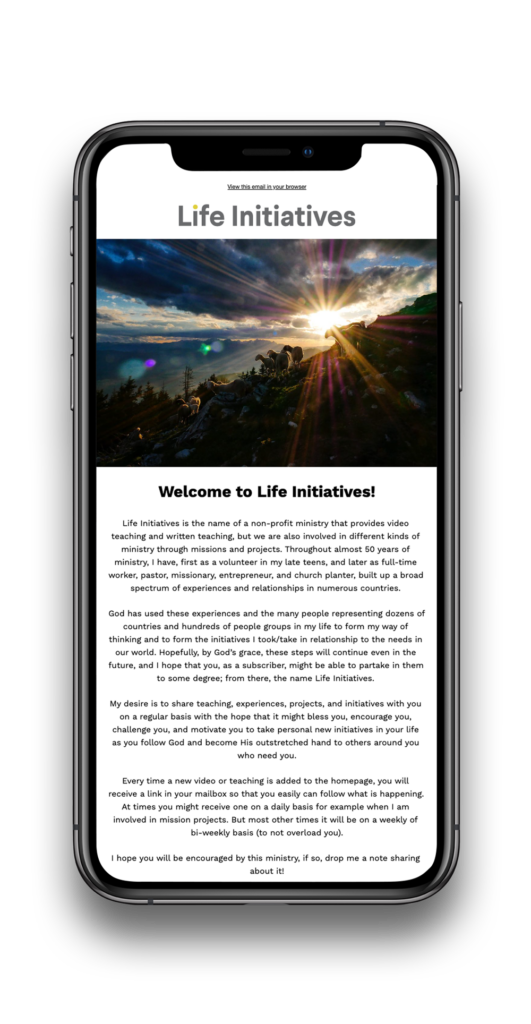God led Abram on a bewildering journey… ours is not unlike his. This study is an attempt to understand how Abram’s journey can help us understand and embrace our journey thousands of years later.
Genesis 12: 1 – 5 1 The LORD had said to Abram, “Leave your country, your people and your father’s household and go to the land I will show you. 2 “I will make you into a great nation and I will bless you; I will make your name great, and you will be a blessing. 3 I will bless those who bless you, and whoever curses you I will curse; and all peoples on earth will be blessed through you.” 4 So Abram left, as the LORD had told him; and Lot went with him. Abram was seventy-five years old when he set out from Haran. 5 He took his wife Sarai, his nephew Lot, all the possessions they had accumulated and the people they had acquired in Haran, and they set out for the land of Canaan, and they arrived there.
I would like to address the walk of faith that all of us are part of:
As we are addressing the walk of faith today; I want to make it clear that the Word of God is written to us as a community; it is not a personal handbook for a personal relationship. It is written to direct us, guide, confront us, comfort us, and release us as the people of God.
As we look at the text that I just read, we look at two aspects of this walk of faith:
A walk of faith’s essence is expressed in trusting God and walking towards an unknown destination. Realize one thing: even though we don’t know our destination, the future is not unsure! God is in control!
As people we tend to feel a lot of frustration about these issues… What is frustration? Frustration is the gap between the reality we live in and the promised future. That un-clarity is the cause of much frustration and much struggle in our lives. However, we have to understand that there is not even a flaw of frustration with God. God’s intended reality (the promised future) is as real, or more real, then our so-called reality! There is no gap between His intended future and our broken reality! He is the creator and in control!
We have to cleave unto Him…
We have to cleave to His promises. There is no cleaving without leaving! The whole approach of following Jesus has to do with “repenting” and turning 180 degrees.
The promise that God gives Abram has four conditions that are important to notice:

Before we go on with addressing these conditions, we have to realize that the Scripture says: “The LORD had said to Abram”.
With other words: when we get the information in Gen. 12, the walk of faith has gone on for a while already! Very often we read these verses as if the Lord speaks at the same moment… “He had said”! “Go to the land” Go for your own benefit. A great Jewish scholar named Rashi says that “go” means to “go yourself” which means “go for yourself,” that is, for your own benefit, for your own good.
So many of us as we read these words and when someone has preached about these words think that God is wanting to get everything out of us. With other words: God is really going to make it difficult for you and me and He is going to test whether you and I are really committed! “Let’s see how far they want to go!” However, if the word speaks about the fact that it is better for our own benefit, it puts it in a very different light. This “for your own benefit” is an expression used to show the heart of God behind the exhortation to leave everything.
Step by step Abram follows God’s directions. We have to consider however, that it is still partial obedience. It is rather significant that God doesn’t remind Abram of the promises until he has finally separated from his cousin Lot (Gen 13). Only in chapter 15 God reminds Abram of the promises!
My question to you is where you are on your journey of faith.
There might be different reasons why we have not followed through with our decision to be on a journey of faith.
Are you still on a journey of faith? Are we as a community still on a journey of faith or are we in spite of the fact that we are young, already rooted in our own traditions and securities?

Abram goes and arrives in the land and builds some altars to plant his heart and establishes a place of worship. Scary! 12: 10 “Now there was a famine in the land”. Observe that Abram still has not left everything as God told him to. He has the family still as a part of his life!
Partial obedience does this to us! God, is it enough with 80% obedience?
We all will meet famine, even in a journey of faith. Some might lose their job, others meet sickness, death, or other kinds of suffering. Then we have to realize that faith is different than we expected.
1 John 5: 3,4, 5 “This is love for God: to obey his commands. And his commands are not burdensome, 4 for everyone born of God overcomes the world. This is the victory that has overcome the world, even our faith. 5
Who is it that overcomes the world? Only he who believes that Jesus is the Son of God.”
When are we victorious? When we believe!
Here we meet the big mistake of Abram: He did not trust in God’s promises: He was the problem-solver.
God uses Pharaoh to confront and form Abram and to lead him back on track.
A word of comfort: You don’t need to be perfect. On your journey you might miss the goal… but if you are obedient and willing you can get back on track! If you fail: Go back to the place where you missed the mark last time; the place where you experienced God’s blessings and presence the last time. Go back as soon as possible to the place where you left your journey of faith!
Sign up for life-changing insights, directly to your inbox.

© 2023 All Rights Reserved, Life Initiatives

Sign up for life-changing insights, directly to your inbox.